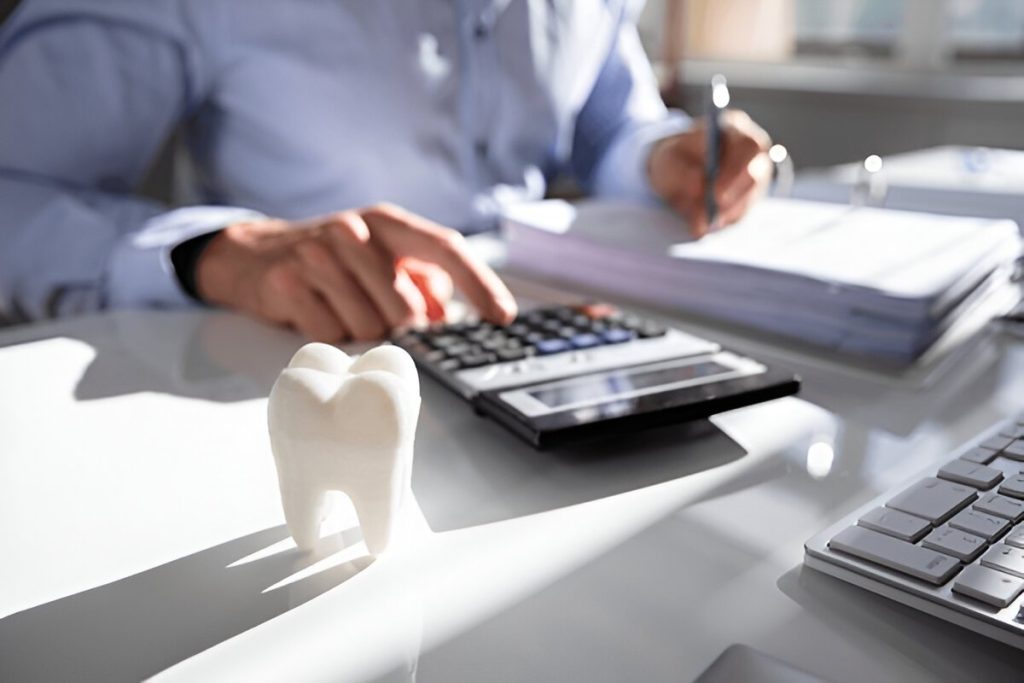
Taxes have long been associated with myths and misinformation, and within the dental industry, it’s no different.
However, as confusing as taxes can be, getting them right each year is critical to the bottom line of any dental practice, and as a dentist yourself, you must take steps to separate tax fact from tax fiction, one of which might be researching bookkeeping for dentists.
A good bookkeeping and accounting firm will help you stay away from unwanted penalties and fines from the IRS, but until you find one that will meet your needs, here are 9 top tax myths to be aware of as a dental professional:
- There are no taxes on retirement money
Unfortunately, many people, whatever industry they happen to be involved in, assume that once retired, they can spend the money that they’ve worked hard to save, free from taxes. However, this is sadly not true.
The majority of withdrawals from a 401(k) or IRA, are taxed as ordinary income. Taking out too much in one year, may even put you in a tax bracket that’s higher. Note that Roth 401(k)s and Roth IRAs are the only exception to this rule.
- The risk of an audit can be reduced with the help of COGS
If a dentist classifies his supplies and lab fees as Cost of Goods Sold, or COGS, they will not necessarily reduce their chances of being audited just because they’ve lowered their gross profit. In fact, failing to accurately classify expenses raises an immediate red flag for the IRS.
- To maximize tax benefits, certain purchases should be deferred
If a dentist wants to invest in an item of costly equipment, they may mistakenly believe that delaying the purchase until the end of the year, will help them maximize their tax deductions. But, aligning such investments with the operational requirements of their practice, is much more sensible.
- Audit red flags may be raised by making home office deductions
While claiming a deduction for a home office may once have increased the chance of being selected for an audit, this is no longer the case provided the correct documentation is provided, and that you genuinely own a business.
- Expenses for personal dentistry are fully deductible
Only those dental expenses going over a certain percentage of AGI, or adjusted gross income, and which are unreimbursed, are tax deductible.
- Other earnings are not taxable
If you partake of freelance work, side jobs or enjoy online sales, any income from this needs to be reported, and will be subject to taxation.
- If reinvested, selling a dental practice is tax-free
If a dentist reinvests the proceeds from the sale of their practice into another venture, capital gains tax will likely be incurred, contrary to popular belief.
- Tax reporting isn’t required for casual labor payments
Form 1099 must be used to report all payments made to casual or temporary workers, should they reach more than $600 in total.
- Social security and unemployment benefits are tax-free
Help from an accountant for Dentists in Miami can help explain the income tax rules for government unemployment benefits, and help you prevent incurring any penalties.
Staying abreast of tax laws and being able to separate fact from fiction is important for any professional, but luckily, hiring a dental accountant means that dentists can pay the taxes they owe, and claim the deductions they’re entitled to, without any hassle, stress or risk of misinformation.